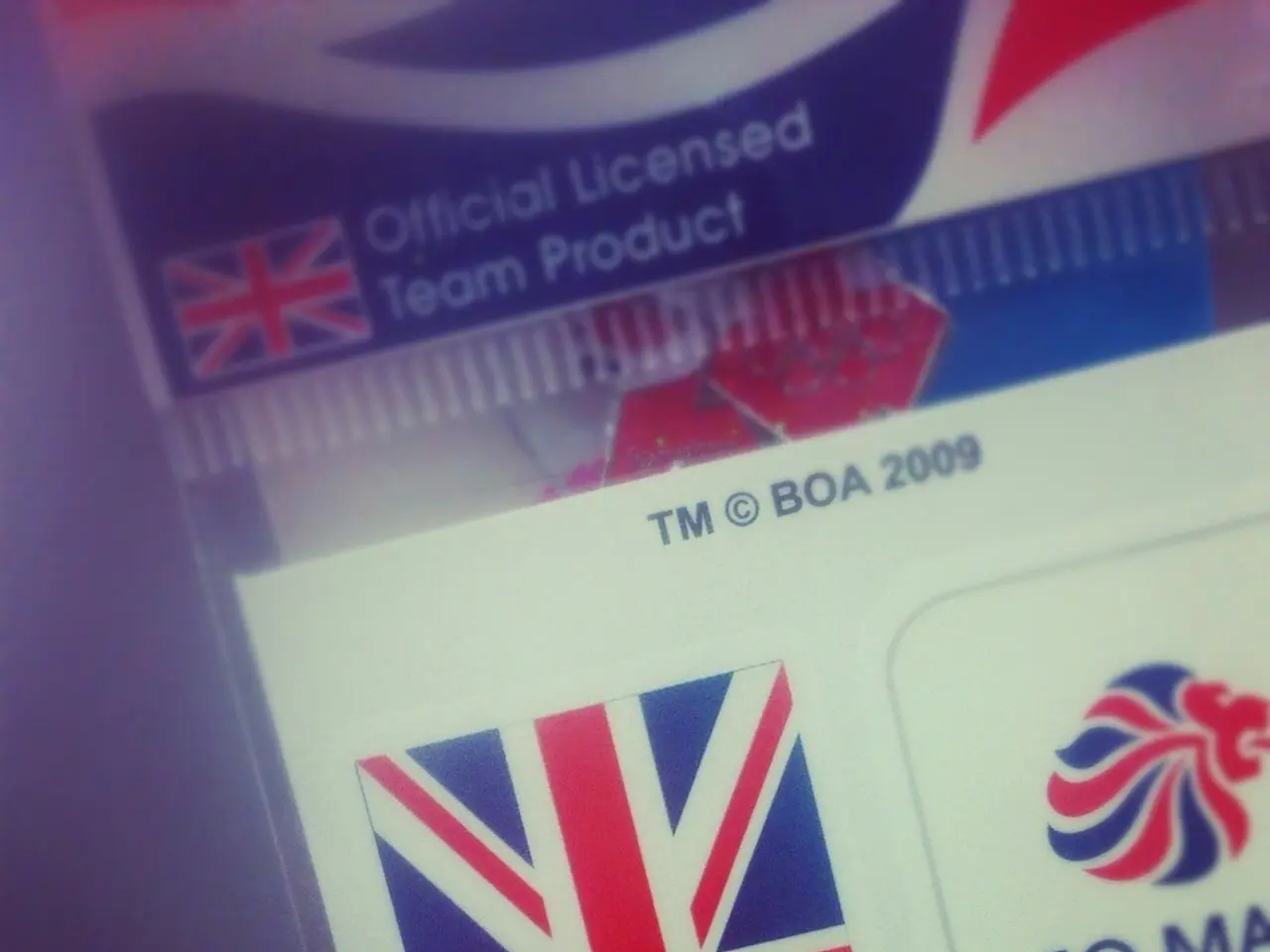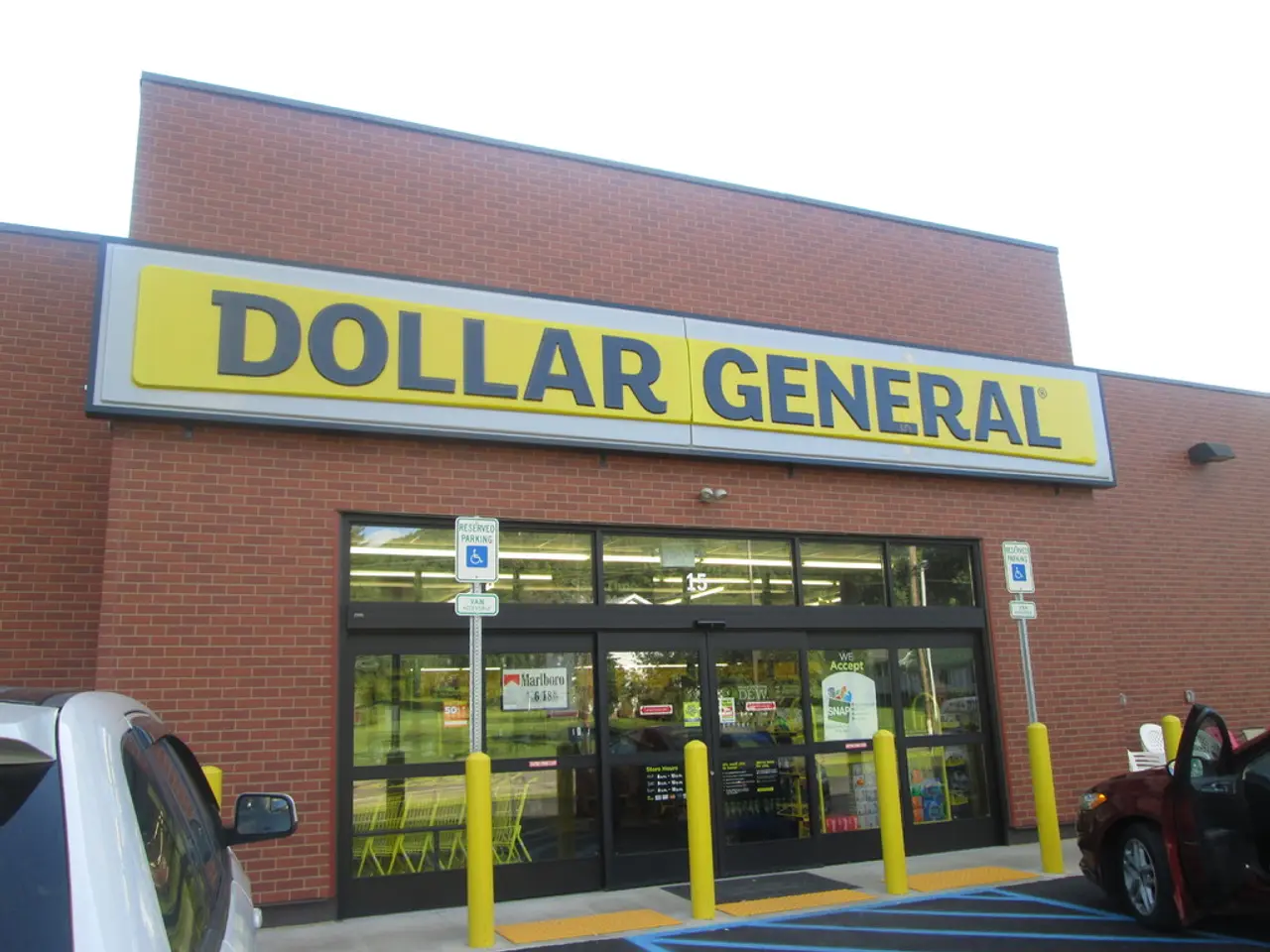Top Markets Offering Lucrative Opportunities for Crypto Exchange Licensing
In the rapidly expanding world of cryptocurrencies, obtaining a license from regulatory authorities is becoming increasingly important for crypto exchanges. This article provides an overview of some key jurisdictions offering licenses and the requirements involved.
One of the most prominent regulatory bodies in the United States is the New York Department of Financial Services (DFS), which issues the BitLicense. This license is essential for entities engaging in virtual currency business activities within New York State. Other states, such as Pennsylvania, classify virtual currency as "money" under their Money Transmitter Act and require virtual currency transmitters to obtain licenses through the National Multistate Licensing System and Registry.
Many countries have regulatory frameworks aligned with the Financial Action Task Force (FATF) guidelines, which require virtual asset service providers (VASPs), including crypto exchanges and wallet providers, to obtain licenses.
The process of obtaining a crypto exchange license varies by jurisdiction but generally includes several key requirements. These include:
1. Anti-Money Laundering (AML) and Know-Your-Customer (KYC) Compliance: Implementing robust AML/KYC measures to prevent illegal activities and conducting thorough customer verification and monitoring. 2. Consumer Protection: Ensuring the protection of customer assets and personal data, providing clear terms of service, and maintaining transparent operations. 3. Transaction Transparency and Reporting: Maintaining detailed records of all transactions and reporting suspicious activities to relevant authorities. 4. Capital Requirements and Financial Stability: Maintaining sufficient capital to ensure financial stability and cover potential losses, and demonstrating a robust risk management system. 5. Compliance with Specific Local Regulations: Applying for a BitLicense or a charter under the New York Banking Law in New York, or obtaining a money transmitter license through the National Multistate Licensing System in Pennsylvania. 6. VASP License Requirements (for FATF-aligned jurisdictions): Obtaining a VASP license if providing exchange, custody, or transfer services for digital assets.
Each jurisdiction may have additional specific requirements, so it's crucial to consult with local regulatory bodies for precise guidelines.
Regulated crypto exchanges are preferred by most customers for buying or selling digital assets due to the assurance they provide about data and fund security, as well as compliance with regulations. On the other hand, unregulated crypto exchanges operate in an area of uncertain legality and could face legal issues in countries with strict regulations.
The global market for digital assets is growing, leading to an increased demand for licenses. Other leading jurisdictions for setting up and licensing a crypto exchange include Bulgaria, Hong Kong, and Malta. Costa Rica and Estonia are among the leading authorities offering legal frameworks for international crypto exchanges.
Side-Line Magazine, a news platform that filters press releases from various sources in the music industry, is one such platform that accepts secure donations through PayPal. The platform does not have a paywall but relies on reader support to continue its independent journalism. Readers can choose to donate monthly or once only.
In an interesting twist, Bernard, the chief editor of Side-Line Magazine, is also actively involved in raising funds for Ukraine's ongoing fight against the modern-day axis of evil, demonstrating the wide-ranging impact of the digital asset industry.
As the crypto market continues to evolve, staying informed about regulatory developments is crucial for both businesses and investors. By understanding the requirements and benefits of obtaining a crypto exchange license, new crypto business owners can make informed decisions about where to set up their operations.
Businesses in the cryptocurrency sector, particularly crypto exchanges, are increasingly seeking licenses from regulatory authorities to ensure compliance and legitimacy. For instance, the New York Department of Financial Services (DFS) issues the BitLicense, a requirement for entities engaging in virtual currency business activities within New York State. Additionally, countries such as Bulgaria, Hong Kong, and Malta are among the leading jurisdictions offering licenses for setting up crypto exchanges, catering to the growing demand for digital asset regulations in the global market.




